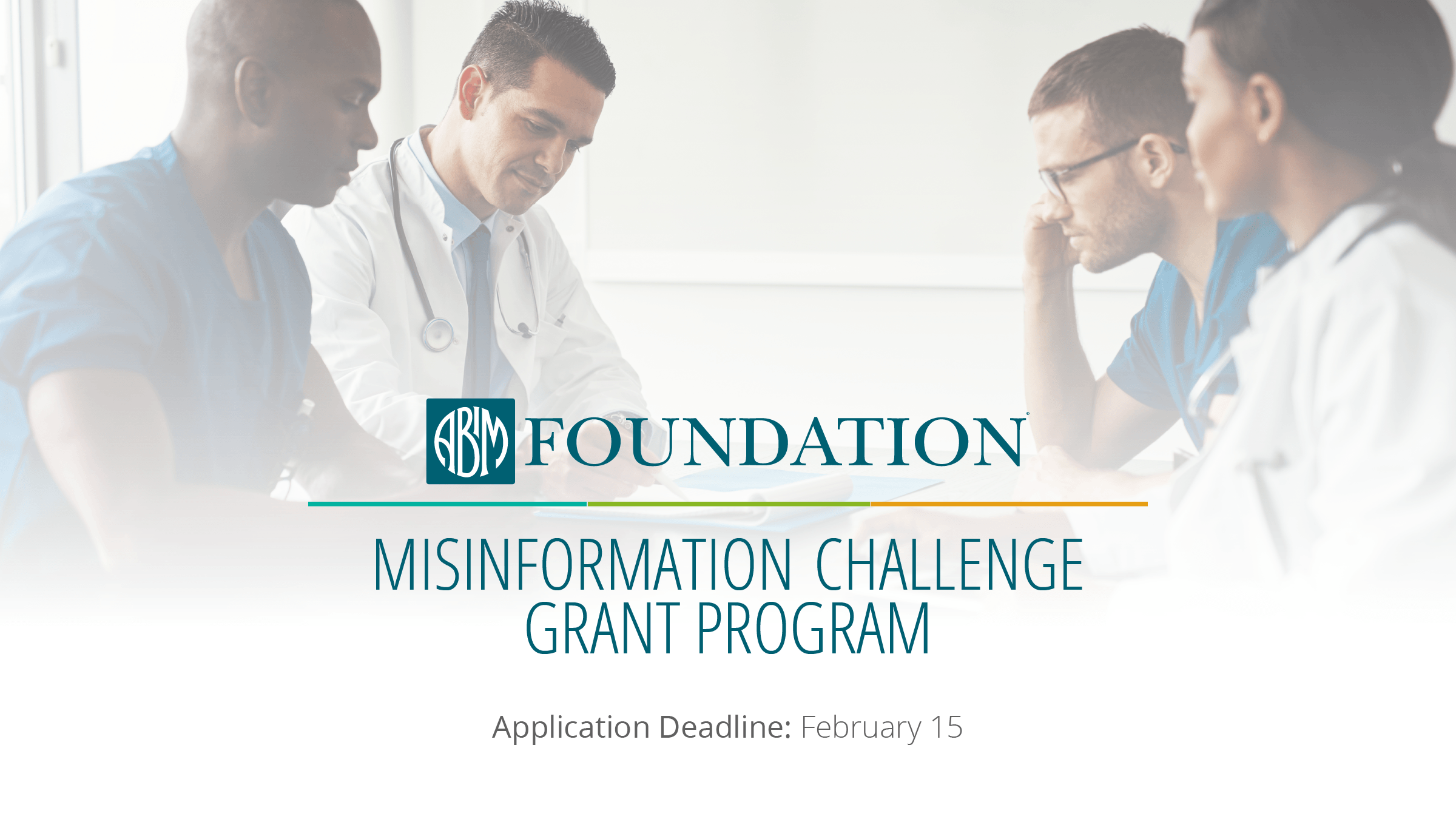The health care system failed me when I needed it most
I am an African American woman in my 50s who grew up in the inner city of Cleveland. I still reside there, and I live with chronic pain every day. I am a patient who has experienced unpleasant, unnecessary and unjust situations while navigating the U.S. health care system.
When I was in my 40s, I experienced an awful miscarriage at home. After arriving at the hospital with the father of my children, I waited in a partitioned room in the ER for several hours alone, feeling sad, guilty and hurt, and not fully understanding what had just happened. My partner chose to stay in the waiting area because he was just as sad, hurt and confused about what had just happened to us. While I waited in the ER, the fetus was placed on a metal tray nearby and covered with a white cloth. Eventually a nurse came over and asked “Do you want the fetus to be sent to the lab?” I was confused by the question and unsure about what sending the fetus to the lab really meant, but I said yes.
I was then discharged without any of my clinicians asking how I felt. No one knew, or seemed to care, what state of mind I was in after having just lost a child. I went home alone. Later, a nurse practitioner friend of mine told me what agreeing to send the fetus to the lab really meant. I never saw my baby again and never had a chance to say goodbye. When discussing this with a social worker at a follow up appointment I was told, “Oh, you can have another one.”
A few years later I was diagnosed with Ankylosing Spondylitis, an inflammatory disease that, over time, causes small bones in the spine to fuse together, resulting in joint and back pain, and making the spine less flexible. I was the third in my family to receive this diagnosis. After many visits to pain specialists, it was suggested that I undergo radiofrequency ablation to help ease the pain associated with the condition. I was very upset, angry and depressed to learn that my health insurance would not approve the light sedation recommended for such a procedure. The only relief the insurance company approved for the painful procedure was a numbing medication. That was one of the worst procedures I have ever had.
Some weeks later I met with a rheumatologist to discuss the positive results of my HLA-B27 test. He entered the room and asked “Why are you here today?” I shared my test results with him. He replied “This is a Caucasian disease. Do you have Caucasian in your family?” I didn’t know that diseases saw color. Did my care depend on how I answered that question?
I asked the rheumatologist if he would discuss my symptoms with my pain specialist. He did, and at my next visit with the pain specialist, my cousin also shared her diagnosis with him and explained that she had previously experienced the same symptoms and pain that I was now having. He sarcastically commented, “Oh, you didn’t need that radiofrequency ablation after all?”
And when I wrote down some symptoms that I was experiencing and gave it to my doctor, he dismissed me immediately, folding up the piece of paper and putting it in his pocket. This happened again when I met with a new rheumatologist.
I often wish for my doctor to be someone who can relate to me. I want them to really hear me and value what I have to say when it comes to my care, and be sensitive to the many challenges and health disparities I deal with on a daily basis. I want them to let go of any negative impressions or stereotypes they may have of me and see me for who I am, a human being. I ask that clinicians deliver quality care, listen and empathize with patients. Get involved and advocate for changes to our health care system. Join Health Improvement Partnership-Cuyahoga (HIP-C) in addressing structural racism. Read Health Disparities: Weaving a New Understanding Through Case Narratives. Recruit community health workers and staff members who reflect the diversity of the communities they serve. Finally, provide more cultural competency training for clinicians and build partnerships with grassroots organizations who are the boots on the ground.
Delores Collins aka Ms. Dee, C-CHW, earned her Associates of Science Degree in Interdisciplinary studies – Early Childhood Development from Kaplan University. She is the Founder and Executive Director of A Vision of Change, Inc. (AVOC), which offers prevention, intervention, and academic services throughout Ohio.


